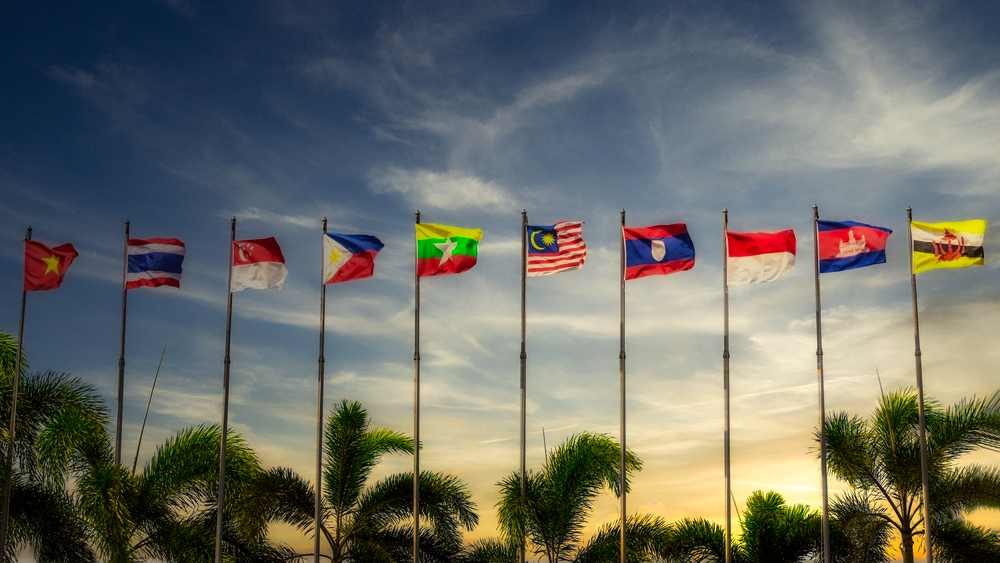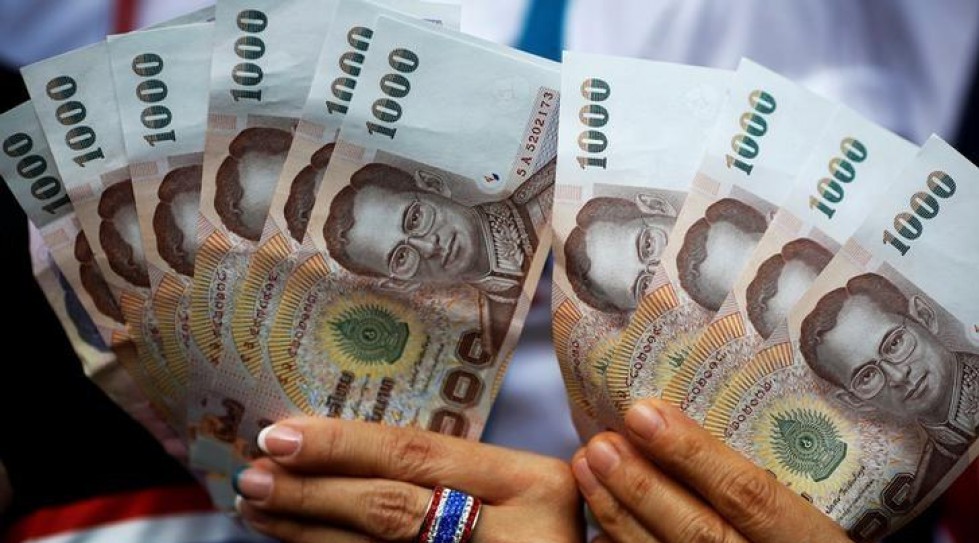JAKARTA – Recognising the need for stronger cross-pillar and cross-sectoral coordination among ASEAN, its stakeholders and partners in realising the ASEAN Comprehensive Recovery Framework, the ASEAN Socio-Cultural Community (ASCC) held its first Partnership Conference with the theme “Towards Post-COVID Recovery and Resilience in ASEAN.”
In his opening remarks, Deputy Secretary-General of ASEAN for ASCC Kung Phoak welcomed the delegates and emphasised that the region’s recovery efforts must be done in a systematic and coordinated way, in concert with stakeholders and partners. He reiterated that these major tasks cannot be accomplished by the ASEAN governments alone.
On her part, Chair of Senior Officials’ Committee for the ASCC (SOCA) Hajah Nor Ashikin Binti Haji Johari further underscored that the Partnership Conference would maximise existing resources to implement the identified priorities of the Coordinating Conference on the ASEAN Socio-Cultural Community (SOC-COM).
These priorities are aligned with Brunei Darussalam’s ASEAN Chairmanship theme, placing peoples’ well-being as ASEAN’s top overall agenda.
The 15 ASCC Sectoral Bodies and SOCA presented their priority areas and identified relevant activities planned for the next five years that would promote a sense of regional agenda and sustain the ASCC building efforts towards post-pandemic recovery.
Sectoral Dialogue Partners from Australia, Canada, Italy, Korea, New Zealand, Switzerland, and US; UN agencies including UN Economic and Social Commission for Asia and the Pacific (UNESCAP) and UN Women; and other international organisations such as the Organisation for Economic Co-operation and Development, Southeast Asia Tobacco Control Alliance, International Committee of the Red Cross, and the Alzheimer’s Disease International recognised the shared commitments of the ASCC Sectoral Bodies and ascertained areas of mutual interest for potential collaboration.
They further underscored the importance of a whole-ASEAN approach to ensure that interventions are not only effective but also sustainable.
In closing, delegates expressed confidence that the dialogue will further lead to concrete actions between ASCC Sectoral Bodies and partners, in laying the groundwork for ASEAN’s post-COVID efforts, in the spirit of a community that is caring, prepared and prosperous in all its actions.
A total of 222 delegates attended the conference. Delegates were from the ASCC Sectoral Bodies Chairs and/or Vice-Chairs, SOCA leaders and their representatives, Committee of Permanent Representatives to ASEAN, leaders and representatives of ASEAN sectoral dialogue partners, development partners, UN agencies, international organisations, and the ASEAN Secretariat.
The conference took place back-to-back with the 16th SOC-COM and the Virtual Launch of the ASEAN Development Outlook.
###
Since the declaration of Coronavirus Disease 2019 (COVID-19) as a global pandemic in March 2020, the COVID-19 has unprecedentedly impacted different segments of populations and sectors, posing disruptions and challenges to the many existing systems within ASEAN.
In a united response to COVID-19, ASEAN developed the ASEAN Comprehensive Recovery Framework (ACRF) and its Implementation Plan which outline broad strategies to ensure that the region is better positioned to emerge strong and resilient to overcome the pandemic and recover better.







